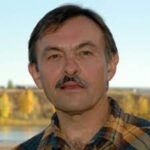EXPERIENTIAL DATA. Past-Life Recall While Running- Marshall Gilula (Is.4)
by Marshall F. Gilula, M.D.
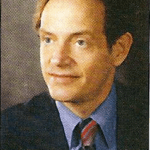 It is not necessary to have a formal hypnotic induction or sitting meditation for recall of past-life material. For me, my daily hour and a half running has proven an excellent time for recall of such material. One lifetime recovered while running related to a lifelong respiratory problem which began with severe childhood asthma and frequent pneumonia and caused me to seek an activity such as running in order to free myself from the problem. Several years of psychoanalysis during psychiatric training did not do away with this problem, nor did several other types of treatment and self-investigative techniques, including daily regular meditation.
It is not necessary to have a formal hypnotic induction or sitting meditation for recall of past-life material. For me, my daily hour and a half running has proven an excellent time for recall of such material. One lifetime recovered while running related to a lifelong respiratory problem which began with severe childhood asthma and frequent pneumonia and caused me to seek an activity such as running in order to free myself from the problem. Several years of psychoanalysis during psychiatric training did not do away with this problem, nor did several other types of treatment and self-investigative techniques, including daily regular meditation.
It was while meditating during the early Seventies with different types … Read the rest

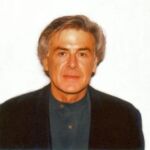
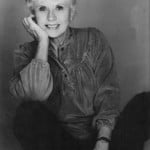
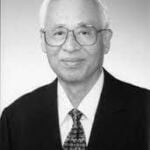
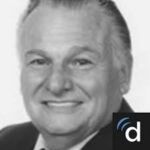
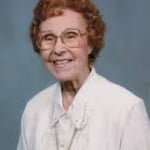 by
by 